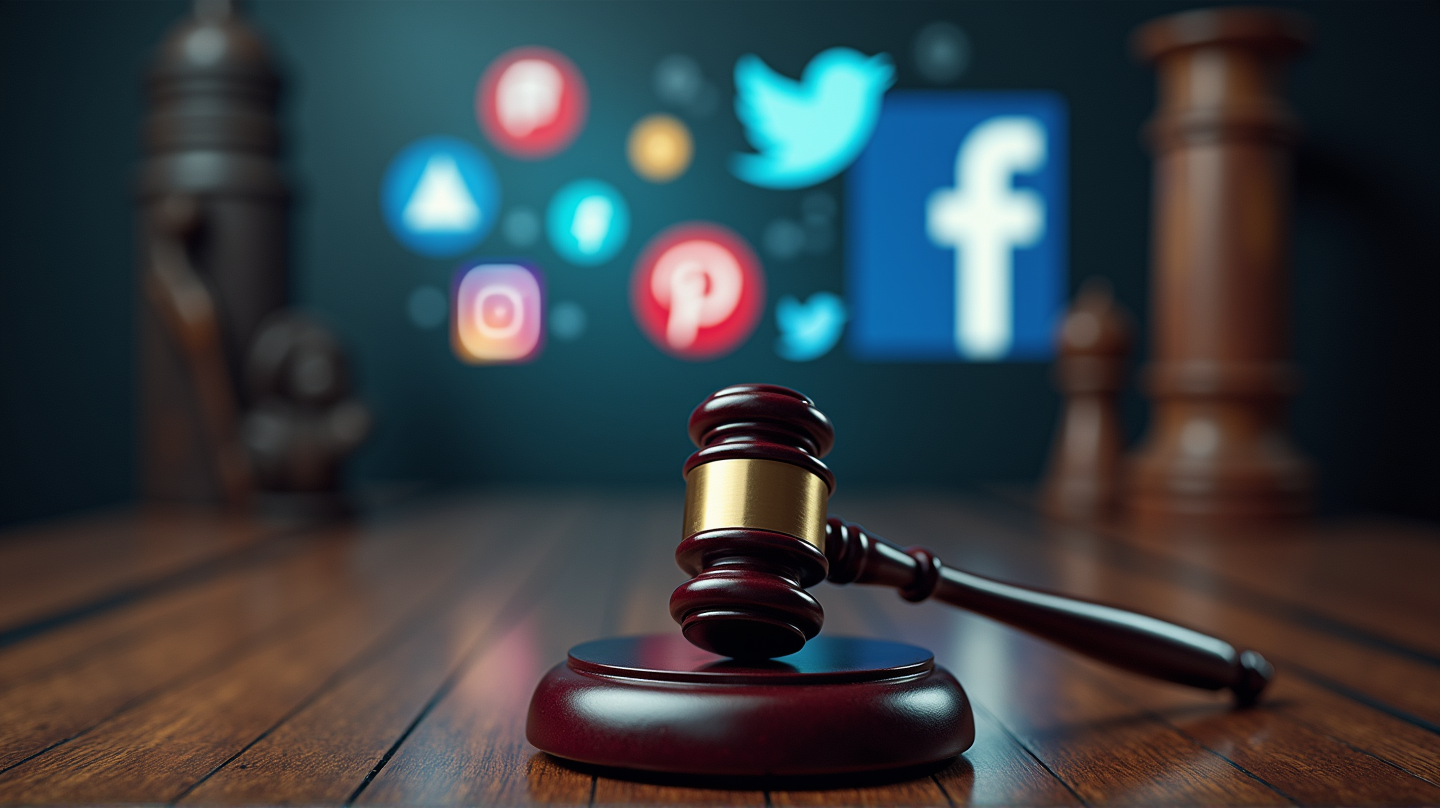Trial by Media: Meta’s Ongoing Legal Battles
Meta has recently found itself in a whirlwind of legal trouble as new court filings expose internal research claims. Allegations have arisen that the technology titan halted an internal research initiative once initial findings indicated potential mental health benefits to users who ceased using Facebook. As stated in CNBC, this research, known internally as Project Mercury, could have painted Facebook in a controversial light.
Project Mercury: The Study That Never Saw the Light
Initiated in 2019, Project Mercury aimed to evaluate the impact of Facebook and Instagram on users’ mental health and social interactions. The study involved a randomized sample wherein users abstained from using platforms for a month. Early data, according to court documents, revealed lower rates of depression and anxiety when users disengaged from Facebook, igniting a firestorm of legal scrutiny.
Social Responsibility or Oversight?
Meta stands at the intersection of corporate responsibility and the potentially harmful societal impact of its platforms. The company has denied suppressing data, arguing instead that the project’s results were “misinterpreted” and “incomplete.” Critics, however, compare Meta’s alleged withholding of information to historical PR disasters, such as tobacco companies hiding the health risks of smoking.
Allegations and Defenses
Meta spokesperson Andy Stone has pushed back strongly against these court allegations, calling them misleading and asserting Meta’s commitment to ensuring user safety. He affirms that the tech giant continually researches to create safer online environments for teenagers and has already implemented significant changes like Teen Accounts with enhanced parental controls.
The Plaintiffs Speak: Social Justice or Panic?
The lawsuit spans a diverse group of plaintiffs, including school districts, parents, and state attorneys general, all purporting that social media platforms possess known health risks yet fail to act. Their claim rests on the assertion that Meta and others have both a moral and ethical obligation to safeguard the youth from the adverse effects of social media.
Meta’s Counterclaims and Social Media’s Mirror Effect
Meta, in its defense, critiques the study, questioning its methodology and the interpretations drawn from it. The company maintains that the study at best implied that users who believed Facebook was harmful experienced relief when disengaged, without conclusively demonstrating that the platform itself was the cause of harm.
Conclusion: Social Media’s Ongoing Reflection
The unfolding lawsuit against Meta isn’t just a legal skirmish; it’s part of a broader conversation about the role social media plays in our mental health. Whether this case will spur a transformative reckoning in the tech world remains to be seen, but one thing is certain: the stakes are high, and everyone is watching.
